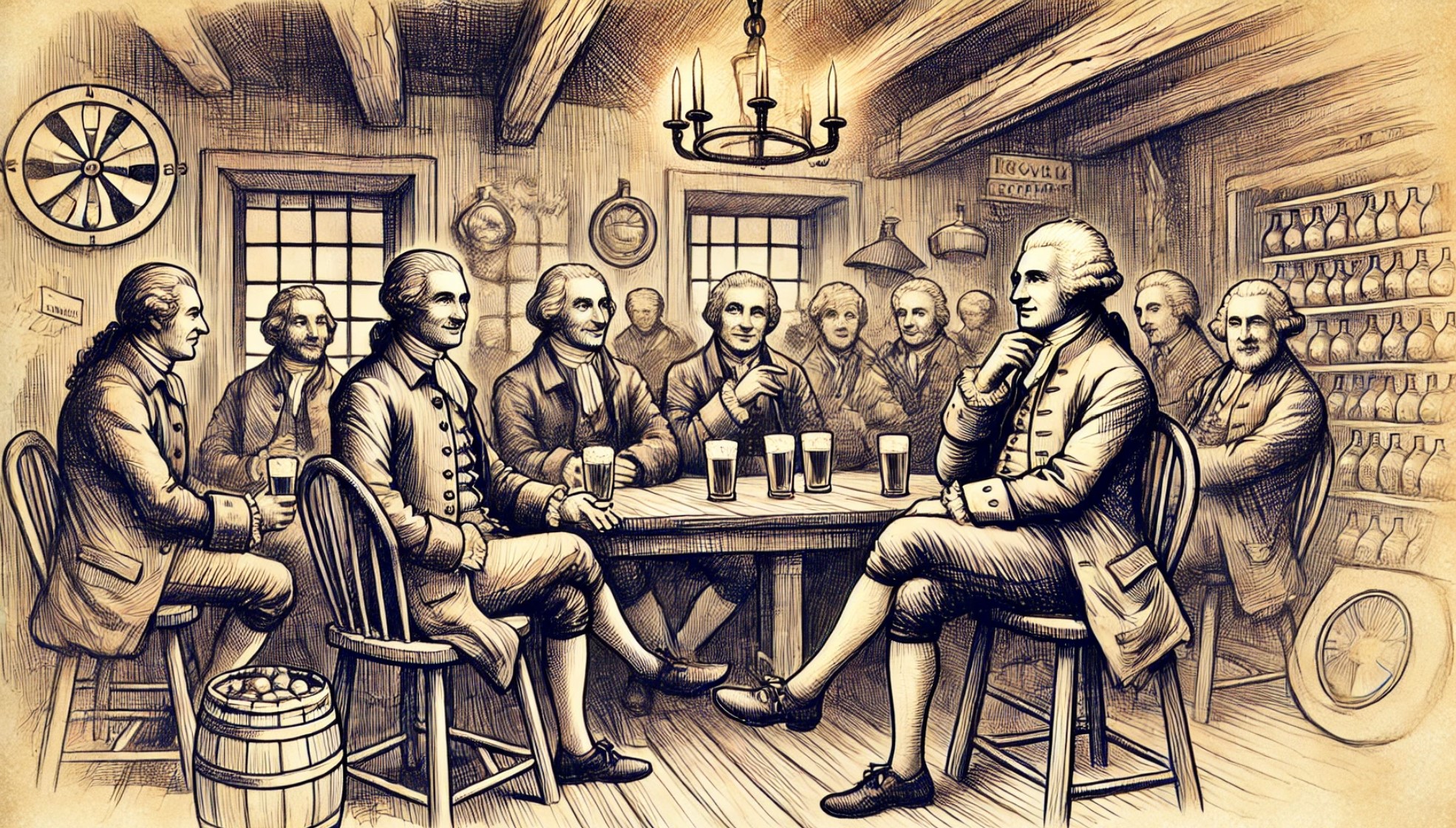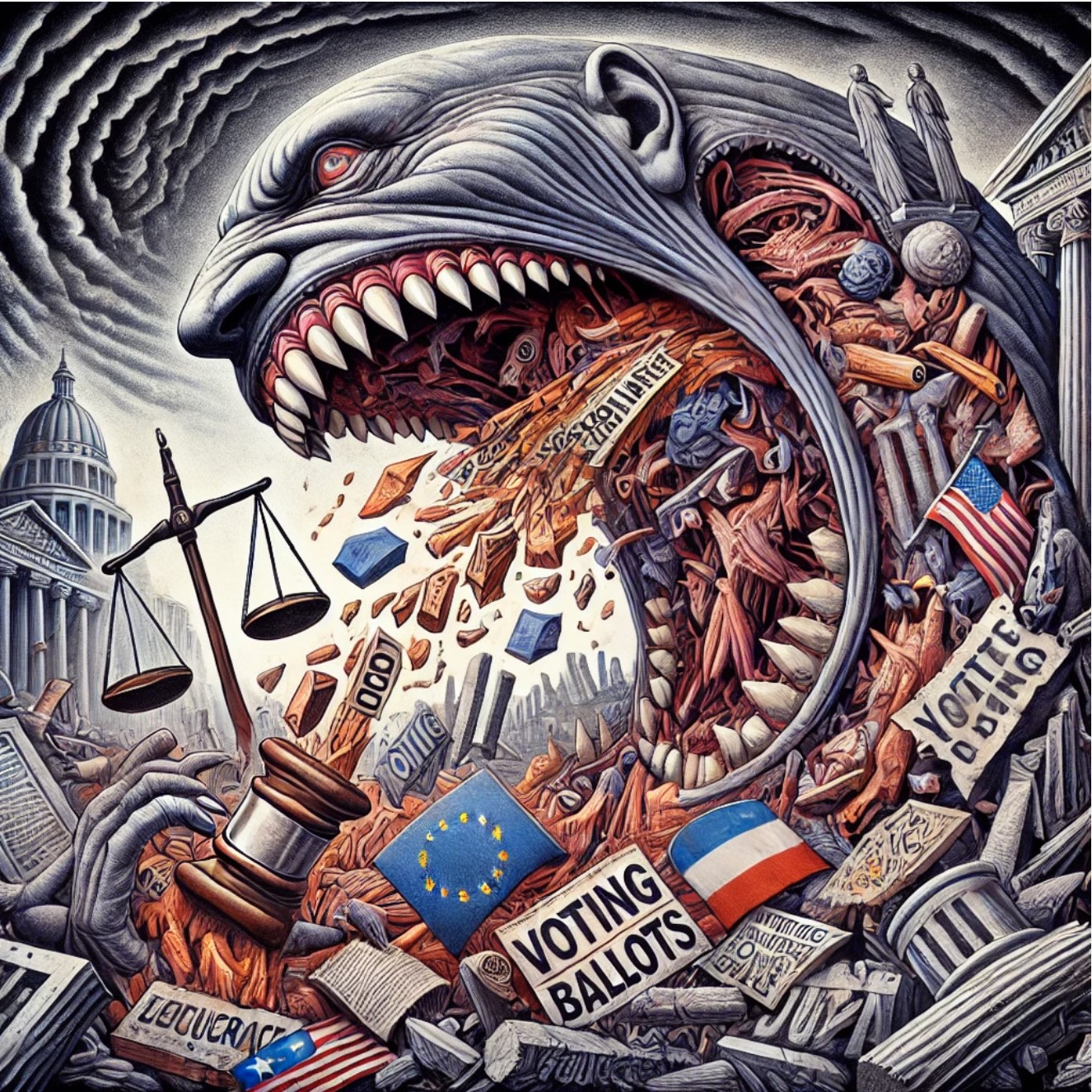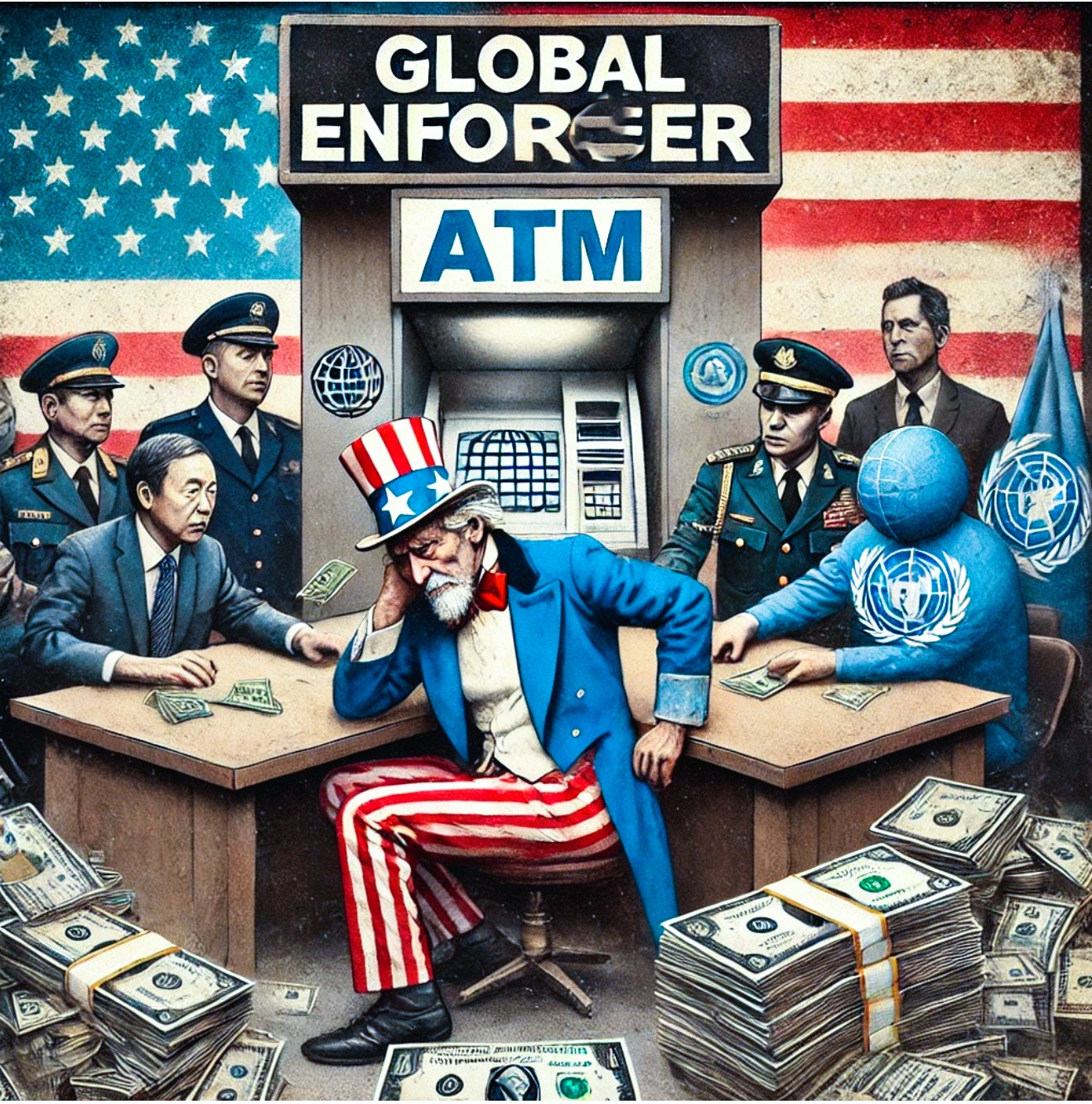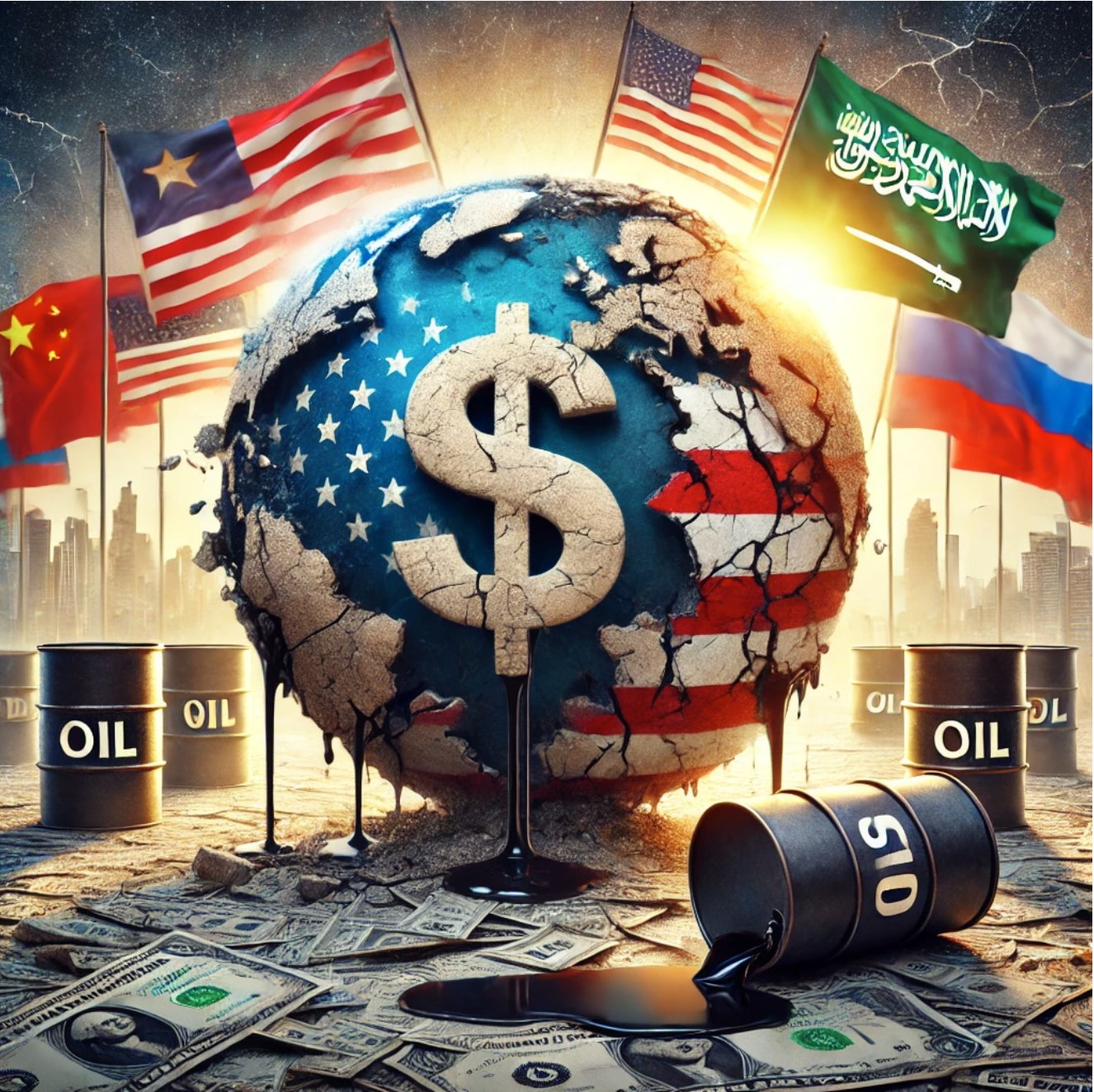
A New Game Just Like the Old Game
For 80 years, the U.S. dollar has dominated world trade.
That dominance began with the Bretton Woods System in 1944.
Suffice it to say that we gamed that system to our extreme advantage. And yesterday, I showed you that when France threatened to enforce the rules of that game, we simply quit and started a new one.
That new game was the Petro-Dollar. But, the goal was the same as under Bretton Woods—force other countries to hold U.S. dollars as reserves.
And just like with Bretton Woods, America abused the system.
Only this time, other countries are calling it quits.
The world is aligning away from U.S. dollar dominance and towards something much different, reversing a process that benefited the U.S. dollar for the last 50 years.
And the signs of that reversal are clear once you see how America’s new game was just like the old one.
A Game of Chicken
During the 70s, not long after Nixon closed the gold window, the U.S. government negotiated with Saudi Arabia and other major oil-producing countries to price oil in U.S. dollars.
Like Bretton Woods, this dynamic forced countries to hold U.S. dollars to purchase oil. And greater demand for the dollar gave the U.S. significant leverage in global financial markets.
The U.S. could borrow heavily and run persistent trade deficits. Other countries, meanwhile, had to accumulate U.S. dollar reserves to ensure they could pay for imports and service foreign debt.
When they didn’t, their currencies and economies tended to implode.
And, like under Bretton Woods, the U.S. could also export inflation.
Moreover, the U.S. got belligerent about maintaining dollar dominance. With all trade conducted in dollars, the U.S. could easily cut off access to the U.S. financial system and freeze assets held in dollars.
And it did.
When anyone challenged the dollar-payment model, the U.S. could use its privilege to impose economic sanctions and freeze assets just like it did with Russia when it invaded Ukraine.
And many countries are done playing that game.
For example, France and China agreed to pay for LNG in yuan a few years back. The most recent deal under this arrangement occurred last year, in October 2023, between French utility Engie and China’s CNOOC for a 65,000-ton LNG cargo.
Other defectors include Brazil’s and China’s agreement to settle trade in yuan and reals and Russia and India’s agreement to settle trade in Rupees.
Even the original gangster of petro-dollar trade, Saudi Arabia, has abandoned dollar-only payments for oil.
The process that damped U.S. dollar inflation for decades now runs in reverse.
Instead of exporting inflation to the rest of the world, U.S. dollars now have fewer places to go.
As those dollar chickens come home to roost, the Federal Reserve will find it much harder to play a game of chicken with inflation when it wants to cut rates.
Think Free. Be Free.
Don Yocham, CFA
Managing Editor of The Capital List
Related ARTICLES:
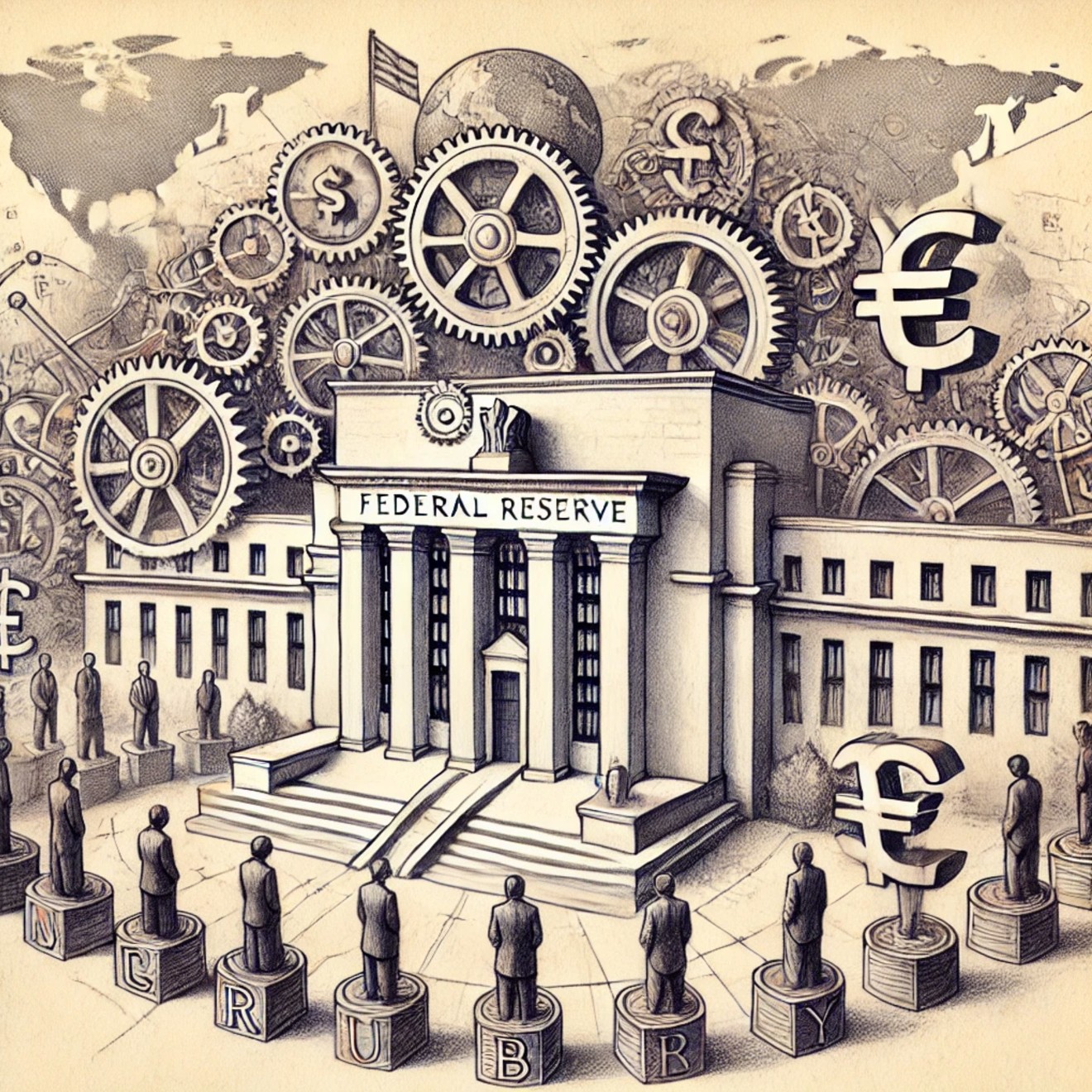
Adjusting to the Fed’s New Reality
By Don Yocham
Posted: November 15, 2024

A New Game Just Like the Old Game
By Don Yocham
Posted: October 20, 2024
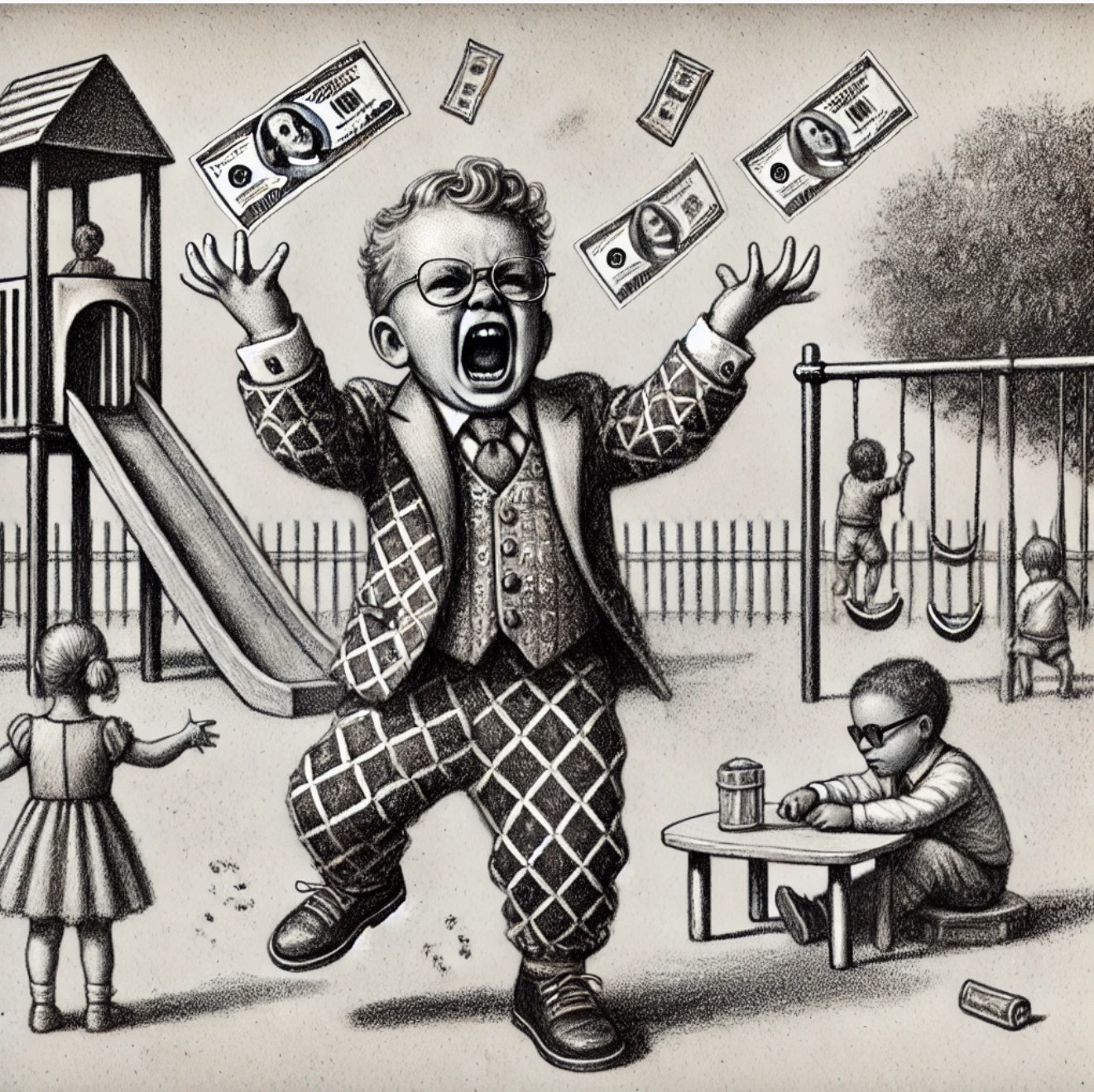
The End of U.S. Dollar Privilege
By Don Yocham
Posted: October 19, 2024
FREE Newsletters:
"*" indicates required fields


